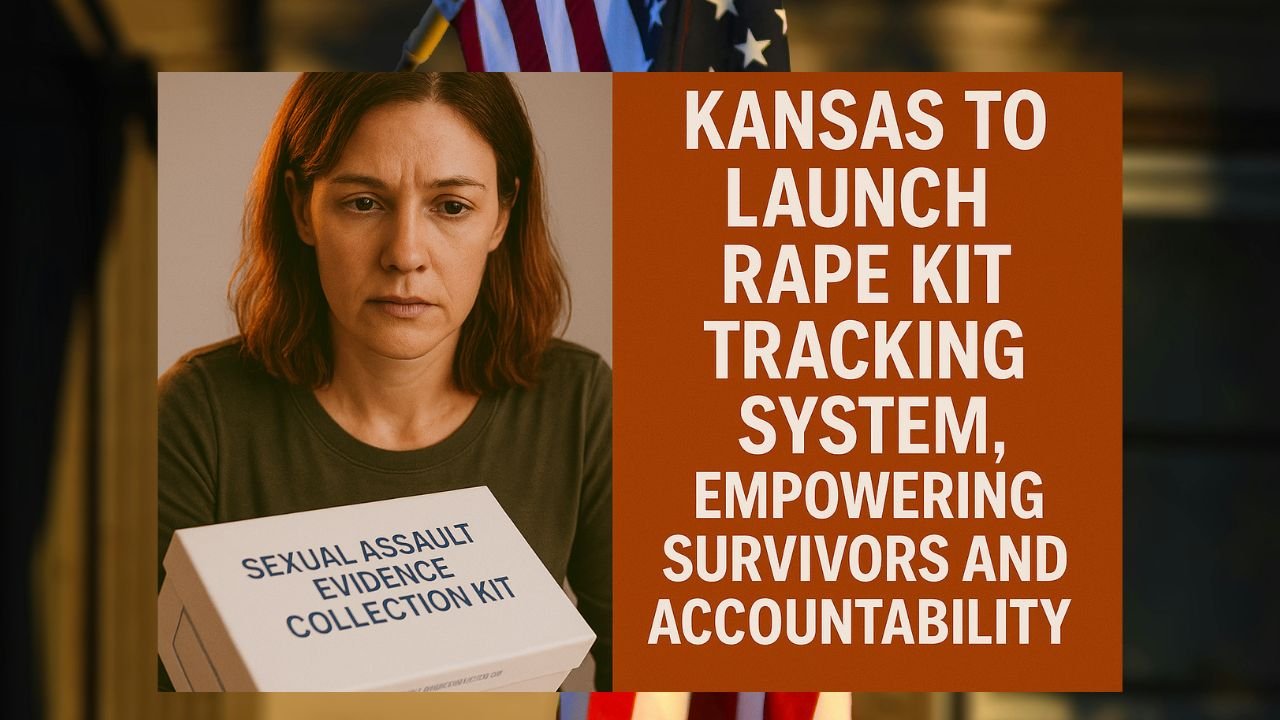The Kansas Bureau of Investigation (KBI) has announced a groundbreaking move to introduce an online tracking system for sexual assault evidence kits—commonly known as rape kits—starting in early 2026. This step aims to empower survivors, while improving transparency and collaboration across medical, legal, and law enforcement systems.
How the Tracking System Works
According to KBI Director Tony Mattivi, this new real-time tracking system will allow survivors, healthcare providers, police departments, forensic labs, and attorneys to monitor the movement and status of rape kits from the moment of collection until they are processed.
Once implemented:
- Hospitals will stock kits embedded with barcodes.
- A nurse will scan the kit into the system, triggering automatic alerts to law enforcement.
- The kit is then transferred to a forensic lab for testing.
- The results are routed back to law enforcement and prosecutors.
- Survivors will receive anonymous login access to track their kits.
Kansas Catches Up with National Standards
Kansas has been among the last 12 states in the U.S. to roll out such a system, lagging behind places like Washington D.C., Puerto Rico, and the majority of states who adopted tracking mechanisms by 2024, according to End the Backlog, a project of the Joyful Heart Foundation.
This shift comes after years of scrutiny. In 2017, Kansas had 2,220 untested rape kits. By 2021, the KBI declared that backlog resolved. However, current numbers have not been made public.
Cost and Vendor Information
The KBI has signed a $240,000 contract with Porter Lee Corp., a third-party vendor, to operate the tracking system through the first quarter of 2026.
Legislative Support and Public Response
Senator Michael Murphy, a Republican from Sylvia, voiced support for the initiative during a June 10 Senate hearing, noting that many survivors have expressed frustration over the lack of communication after submitting evidence.
“I think that’s real important,” Murphy said, emphasizing the system’s potential to rebuild trust between survivors and the justice system.
Kansas’s decision to implement a rape kit tracking system marks a critical step forward in supporting sexual assault survivors, improving interagency coordination, and enhancing public transparency. With the 2026 launch, the state aims to ensure survivors are never left in the dark again.




